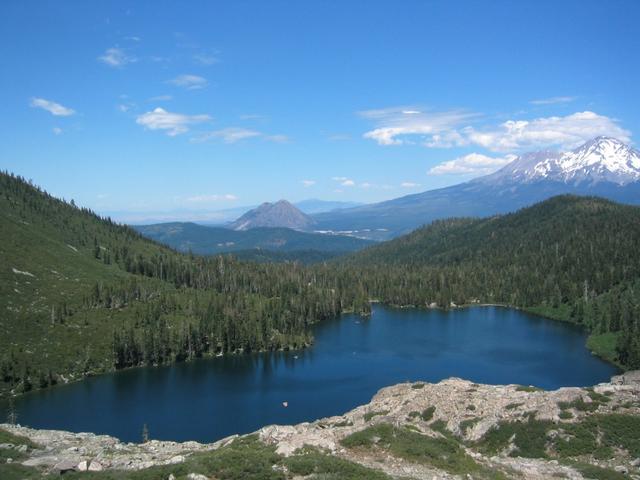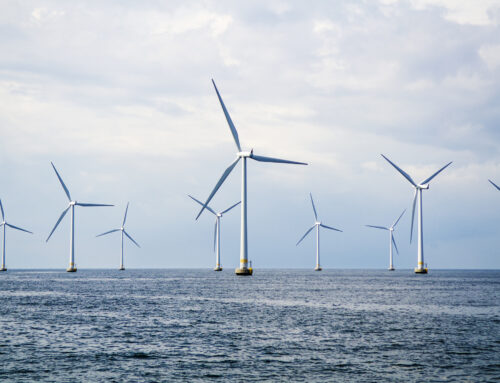by Greg Walcher, E&E Legal Senior Policy Fellow
As appearing in the Daily Sentinel
None of my columns have ever generated as many emails and phone calls as the recent series about the Colorado River, draining Lake Powell and California’s abuse of its entitled share. When the Bureau of Reclamation decided to give that state a complete pass, instead cutting supplies yet again for Arizona, Nevada and Mexico, many concluded that neither the Bureau nor California are serious about solutions.
We all understand the drought has affected the entire West, creating water shortages in every state, and drastically lowering water levels in reservoirs. But in the Colorado River water debates, California has always had an advantage over the other states — 840 miles of coastline on the Earth’s largest body of water. At least half of the people I heard from asked the simple question, why can’t they use the Pacific Ocean?
People cannot drink saltwater, obviously, but saltwater can be turned into freshwater. The process is called “desalination,” and a growing chorus of people insist that California spend some of its vast resources investing in that technology, to end the otherwise endless battles over the Colorado River.
Observers took heart last month when Governor Gavin Newsom unveiled a new water plan for his state. It includes 4 million acre-feet of new storage; 1.3 million acre-feet of reuse, recycling and conservation; and “making new water available for use by… desalinating ocean water and salty water in groundwater basins.” Finally, the state plans to take advantage of its ocean, as others have been advising for decades.






